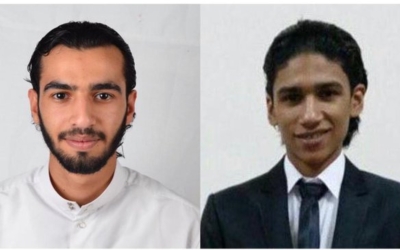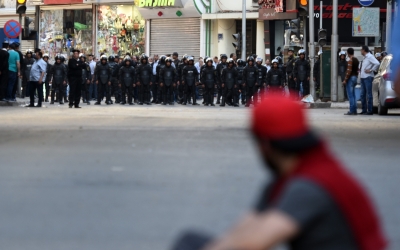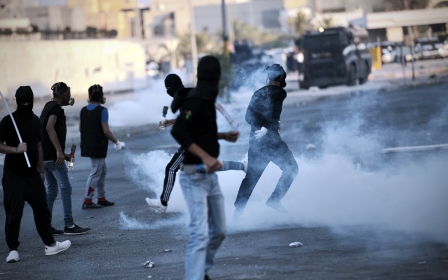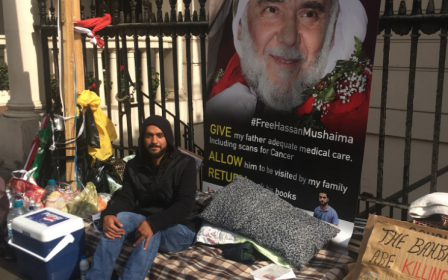Bahraini group urges Washington to raise rights concerns during crown prince's visit
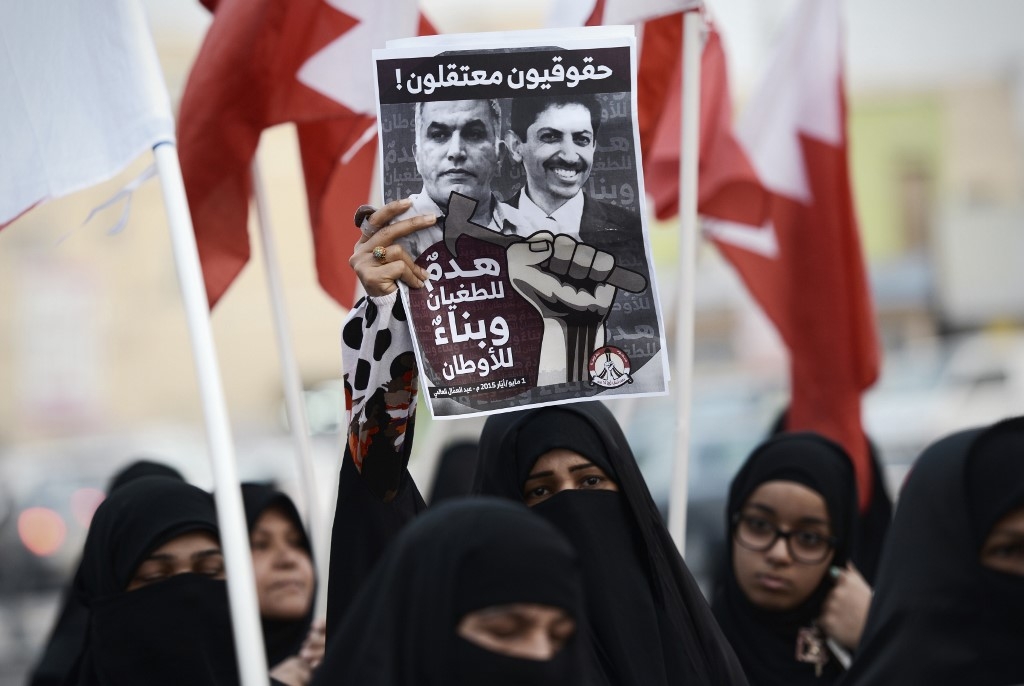
As Bahrain's crown prince prepares for a forthcoming visit to Washington, a Bahraini-American rights group has asked US President Donald Trump and his administration to push for the release of political prisoners in the kingdom.
In letters sent to US President Donald Trump and Secretary of State Mike Pompeo on Friday, Americans for Democracy & Human Rights in Bahrain (ADHRB) urged the two to use Nasser bin Hamad Al Khalifa's visit as an opportunity to raise human rights concerns.
New MEE newsletter: Jerusalem Dispatch
Sign up to get the latest insights and analysis on Israel-Palestine, alongside Turkey Unpacked and other MEE newsletters
Since the so-called Arab Spring erupted in 2011, the Bahraini government has overseen a crackdown on voices of dissent and has stifled opposition, resulting in what rights groups say are unfair practices including mass incarceration and torture.
"Bahrain is a crucial strategic partner, but over the past several years the human rights situation in the country has deteriorated, creating consequences for US security in the region," ADHRB said in the letters.
The letters specifically highlighted the cases of Nabeel Rajab, Abdulhadi al-Khawaja, Abduljalil al-Singace and Sheikh Ali Salman. All four are imprisoned human rights activists critical of the Bahraini government.
Rajab, one of the most prominent activists of the four, was sentenced in February 2018 to five years in prison on politically motivated charges related to tweets that were critical of torture in Bahraini prisons and the war in Yemen.
The US State Department and the US Mission to the United Nations condemned the sentencing at the time, but Rajab and hundreds of other political prisoners in Bahrain remain in custody.
The Bahraini leader is expected to visit Washington on Monday to discuss counterterrorism and stability in the region.
The group called on both Trump and Pompeo to raise their concerns during the visit by pressuring the crown prince to end its eight year crackdown on dissent.
Since the crackdown began, many of the country's leading opposition figures and rights activists have been imprisoned or have fled the country and Bahrain's main opposition groups have been banned.
Still, periodic and sometimes deadly clashes between protesters and security forces have continued.
Executions and mass trials
In late July, the Bahraini government executed two Shia activists accused of terrorism, despite international concerns that the charges against them were based on confessions obtained through torture.
The executions were the first to be conducted in the kingdom in more than two years, but rights groups are concerned that the practice is re-emergencing.
Currently, there are eight prisoners "at imminent risk of execution", while 10 others are in the middle of appeals on death penalty cases, ADHRB said.
The occurrence of "unfair mass trials" has also dramatically increased in Bahrain, according to ADHRB.
The group said that in the past two years, Bahrain has conducted five separate mass trials that convicted 505 individuals.
"These trials have all been marred by allegations of torture to produce confessions, denial of access to legal counsel, in absentia hearings, and other fair trial rights violations," the group said in the letters sent to Trump and Pompeo.
Middle East Eye delivers independent and unrivalled coverage and analysis of the Middle East, North Africa and beyond. To learn more about republishing this content and the associated fees, please fill out this form. More about MEE can be found here.


